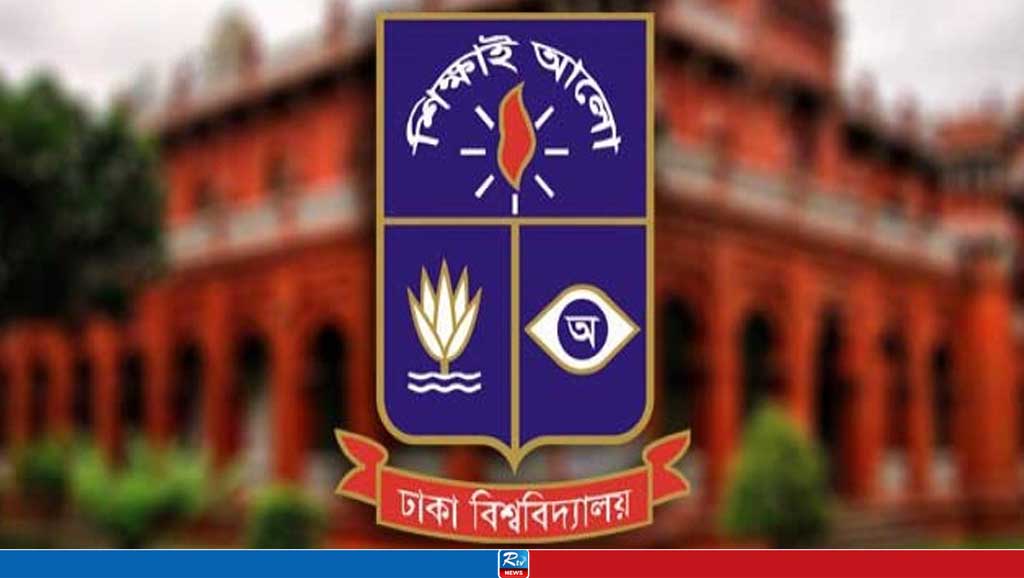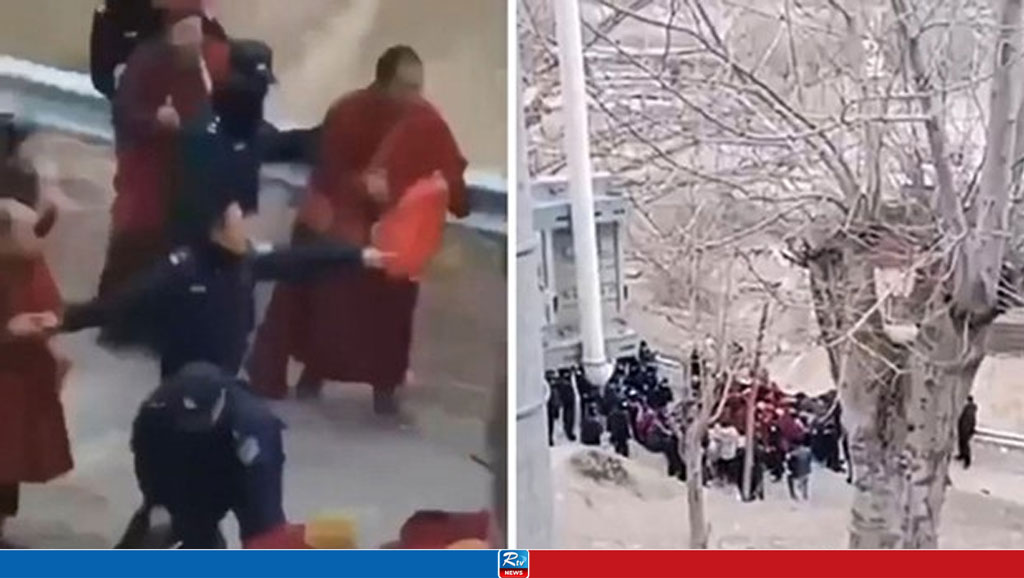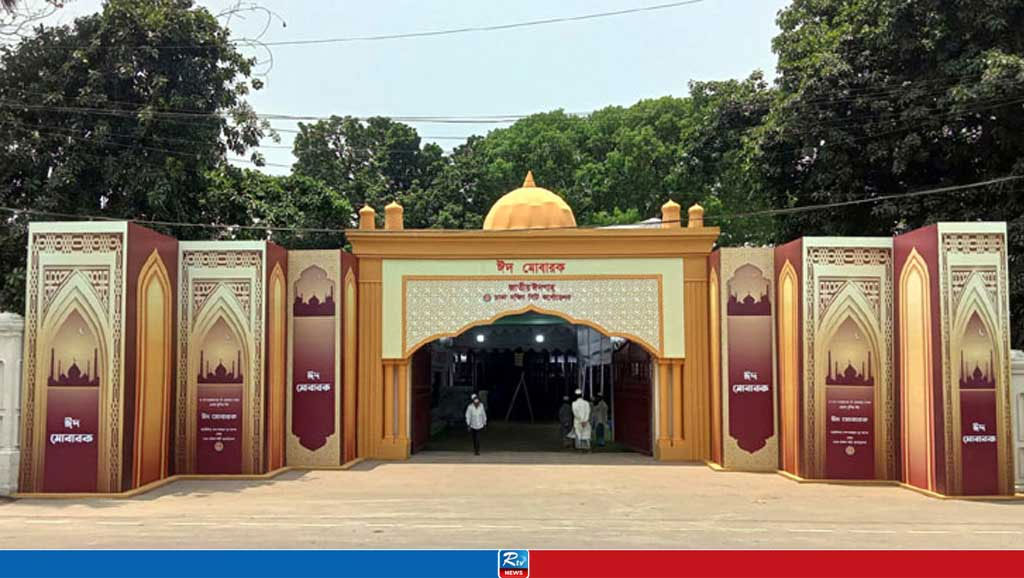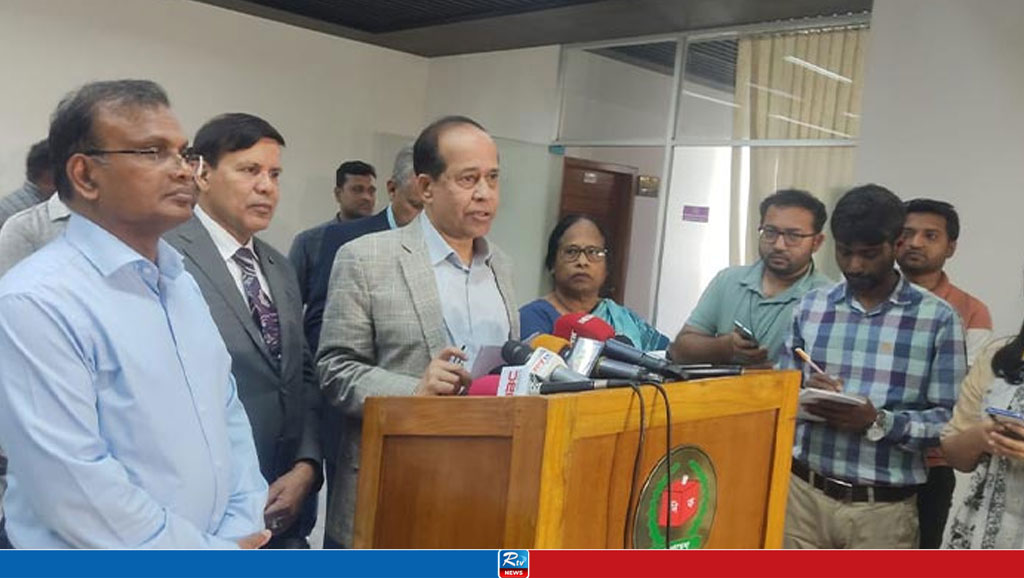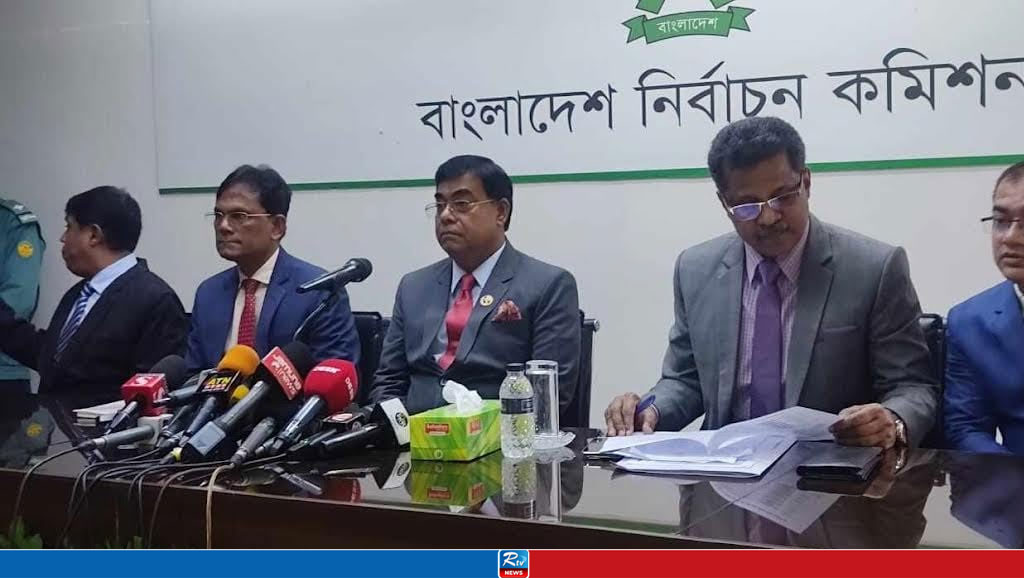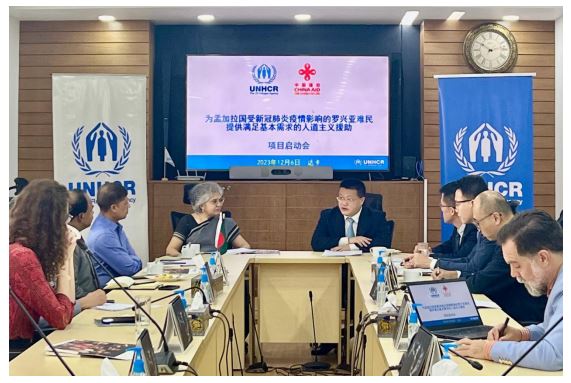China Should Be Held to Account for Its Companies’ Labor Abuses Abroad
The CCP exerts significant control even over notionally private firms operating overseas. Sadly, Chinese citizens’ well-being seems to be the only area that that control does not penetrate.
Many Chinese workers employed by Chinese companies abroad suffer degrading conditions. A China Labor Watch investigation in China’s Belt and Road nickel production projects in Indonesia, for example, found labor abuses such as wage withholding and extremely poor safety practices to be routine.
Of course the employers shoulder much of the blame for these abuses, but it would be a mistake to believe they are the only ones responsible. Host countries also have a large part to play in minimizing the extent of labor violations. But China’s party-state itself should hold the ultimate responsibility, especially given the Communist Party’s compulsion to control over all aspects of the country and the Chinese people.
A case in point is governance activities called “Party Building Work (党建工作) (hereby PBW). Historically, PBW involves regular or irregular meetings, workshops, or performances to “study” policy documents and work policies within the CCP bureaucracy. The goal is to enforce acceptance and propagate ideologies such as “socialism with Chinese characteristics” and loyalty to CCP’s traditions and central organ’s leadership. Aside from checking the bureaucratic boxes, PBW carries a more practical meaning of showcasing CCP members’ fulfillment of their “political responsibilities” to stand in line with the party core cadre.
There has been a recent surge of PBW activities. Starting in 2015, policies were issued mandating regular PBW activities as a crucial part of Chinese state-owned enterprises’ (SOEs) corporate compliance. Other Chinese entities were soon required to follow suit. In 2018, the CCP Central Committee issued a regulation stipulating that organizations and entities with three or more CCP members present must establish party branches (党支部) to conduct PBW.
Given that there are over 98 million CCP members – representing about 7 percent of China’s total population – on average any company employing at least 45 Chinese nationals could be expected to have three CCP members present. That means a large number of CCP-affiliated and -funded activities in Chinese-run entities worldwide are required to host party branches and conduct PBW, marking a global expansion of CCP-affiliated activities.
According to the State-owned Asset Supervision and Administration Commission (SASAC), in 2018, China’s central SOEs (companies owned or supervised by CCP central organs) directed 3,116 Belt and Road Initiative (BRI) projects – the country’s transnational, strategic, state-backed development projects – worldwide. And through a cursory look into public announcements issued by 100 central SOEs on the SASAC list, a total of 61 were found to have engaged in PBW abroad.
PBW generally comprises political exercises centered around ensuring CCP ideological and institutional governance over individuals and companies overseas and/or improving China’s image and expanding China’s influence, cultural, political, and otherwise. Screenings of “red” history documentaries (i.e., documentaries on China’s history with an emphasis on the CCP’s value), for example, belong to the prior category and PBW-branded charity events go under the latter category.
Why are Chinese companies doing PBW abroad? In an increasingly globalized world, an increasing number of Chinese companies, professionals, and students seek opportunities abroad. These Chinese citizens – especially those residing in democratic societies – are essentially beyond the CCP’s control, which presents a destabilizing risk to the party. The increased spread of PBW abroad appears to be a response to this existential threat.
Let’s not forget that Chinese companies operate in a unique system of state capitalism that functions under China’s authoritarian logic. This logic requires centralized control, be it ideological, economic, or institutional. And in fact, China has successfully controlled virtually all aspects of institutions and people’s livelihood in China, which is achieved through control and surveillance apparatus penetrating China’s cultural, economic, and political institutions, censoring discourse and collective memories, and shaping how people think and live. PBW is a manifestation of this logic of state control.
What Does This Mean for Labor?
What are the implications of the CCP’s activities in Chinese-run entities within China or overseas, manifested through PBW?
One obvious implication concerns geopolitics. China’s involvement of civilian party members in CCP-centered political exercises is nothing new. Yet the heightened PBW requirements to disseminate CCP core values and justify its rule in virtually every corner of Chinese society and institutions (even those overseas) in recent years is new – and bears a worrying resemblance to the Mao era political frenzy. The political work of party cells embedded in commercial entities, as performed by Chinese citizens abroad, potentially challenges the unspoken principles of sovereignty and nonintervention underlying the current order of international relations.
Further, the reality of PBW within Chinese-run companies exposes the myth that Chinese companies are entities driven (solely) by corporate interests. Instead, Chinese companies – particularly SOEs – are, in multiple ways, intimately connected with the CCP. These entities have the expressed need to follow the Chinese government’s “leadership” and protect China’s policy and economic interests. It is, in fact, more appropriate to understand Chinese SOEs as extended branches of the Chinese government.
The far-reaching impact of PBW is a clear example that China’s party-state can directly influence Chinese-run entities abroad. After Beijing’s passing of the all-encompassing PBW law, not only Chinese businesses, but civil society organizations such as Chinese Student Associations of different schools have been participating in PBW. And Chinese companies’ contracting of overseas projects, foreign aid, charity events, and other publicity activities overseas often brandish the party-building brand, connecting their PBW to China’s national interest of enhancing its “soft power” in the global scene.
But as media and China Labor Watch’s reports show, labor rights abuses are common in Chinese-run companies overseas, overshadowing the “China Image” that PBW tries to create. Long hours, wage withholding, poor living and working conditions, and poor health and safety protection and forced labor are endemic to Chinese companies. Passport confiscation is a common practice to strip workers of the freedom to leave and select new employers. Physical segregation is devised to ensure Chinese workers are isolated from local workers and local communities. Chinese living quarters are usually enclosed compounds with strict entrance and exit controls, and Chinese workers often report facing repercussions for speaking to the outside world about their mistreatment.
All of these conditions are occurring even though Chinese management is supposed to abide by Chinese labor laws. The Chinese government bears irrefutable responsibility for labor rights abuses in these entities, especially SOEs.
China’s government might seek to duck this responsibility by claiming it cannot enforce labor laws overseas, but the party branches set up in these overseas SOEs are clear evidence of the CCP’s extraterritorial reach. Yet party cells embedded in SOEs do not seem to have taken any interest in the well-being of the Chinese workers being exploited in these enterprises, despite PBW flirting with the idea of creating a good “China image” globally.
Sadly, Chinese citizens’ well-being seems to be the only area that PBW’s control does not penetrate. Given the CCP’s pervasive and controlling presence in firms overseas, it cannot evade accountability for the abuses committed by these companies.
03 Mar 2024,21:11
















 Live Tv
Live Tv
